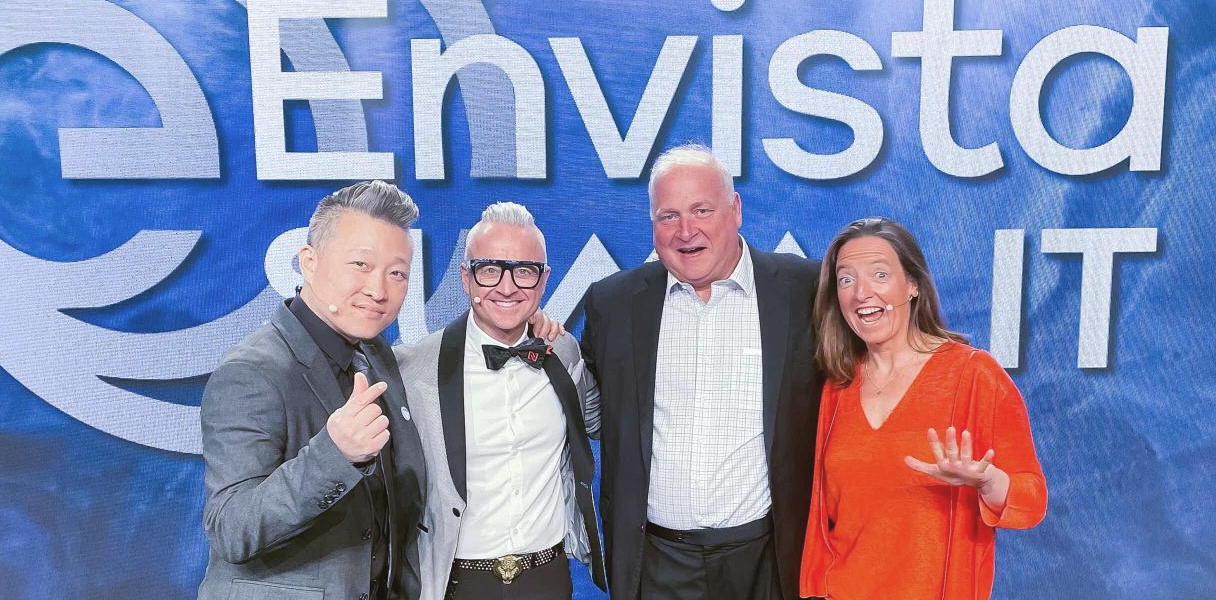Nobel Biocare, a world leader in innovative implant-based dental restorations, aims to empower dental professionals in improving their patients’ quality of life. The company has a rich history of over 65 years of continuous innovation, originating from the ground-breaking discovery of osseointegration by Per-Ingvar Brånemark in 1952. With their science-backed and forward-looking solutions, Nobel Biocare has assisted their customers in treating millions of patients.
Supporting their customers throughout their professional development, Nobel Biocare offers top-notch training, education, practice support, and patient information materials. The company’s headquarters are located in Zurich, Switzerland, with production sites in the United States, Sweden, and Japan. Their products and services are accessible in over 80 countries through subsidiaries and distributors.
Nobel Biocare provides a comprehensive portfolio of solutions, ranging from single tooth to fully edentulous indications. They offer dental implant systems, including key brands such as NobelActive and NobelParallel, as well as the ceramic implant NobelPearl*. Additionally, Nobel Biocare provides a wide range of high-precision individualized prosthetics and CAD/CAM systems under the brand name NobelProcera. They also offer digital solutions for treatment planning and guided surgery through NobelClinician and the DTX Studio suite, along with biomaterials.
The company’s unique heritage in implant dentistry is driven by a philosophy of innovation rooted in patient needs. Nobel Biocare continues to be inspired and led by dental professionals who embarked on their own journeys in practices and laboratories. The remarkable legacy began with Per-Ingvar Brånemark’s pioneering discovery of osseointegration. The evolution of various companies that followed this discovery ultimately led to the establishment of Nobel Biocare.
In 1952, Per-Ingvar Brånemark, then a young researcher, was deeply engrossed in studying the anatomy of blood flow. During this research, he attached a titanium-housed optical component to a rabbit’s leg, enabling the study of microcirculation in bone tissue under modified microscopes. When it was time to remove the metal-framed optics from the bone, Brånemark discovered that the bone and titanium had become inseparable, leading him to change the direction of his work to investigate the body’s tolerance for titanium.
The first significant breakthrough came in 1965 when Professor Per-Ingvar Brånemark placed carefully positioned titanium dental implants in Gösta Larsson, an oral invalid from Gothenburg, Sweden. This marked the first instance of osseointegrated dental implants, revolutionizing Larsson’s life. Following extensive clinical trials and further research, Per-Ingvar Brånemark and the Swedish company Bofors founded Nobelpharma, which later became Nobel Biocare.
Throughout the years, Nobel Biocare achieved several milestones. In 1988, Professor Brånemark introduced zygomatic implants, designed to rehabilitate severely resorbed upper maxilla without complex bone-grafting procedures. Dr. Matts Andersson brought the next advancement in dental prosthetics in 1989 with the introduction of the first ceramic CAD/CAM coping.
In 1996, Nobelpharma was rebranded as Nobel Biocare. The company continued to innovate and launched the world’s most frequently used implant system, Replace, which mimicked the shape of a natural tooth root with its tapered design. In collaboration with Dr. Paulo Maló, Nobel Biocare introduced the All-on-4® treatment concept in 1998, offering a solution with tilted and immediately loaded implants.
The TiUnite surface, renowned for its moderately rough, anodized surface promoting osseointegration, was introduced in 2000 and gained a reputation for successful treatment outcomes. In the same year, Nobel Biocare received clearance from the U.S. Food and Drug Administration (FDA) for Immediate Function, a unique achievement at the time. Nobel Biocare also led the way in digitizing dental implantology in 2005 with the launch of the first comprehensive concept for 3D treatment planning and guided surgery called NobelGuide.
In 2008, NobelActive, an implant system that enabled Immediate Function even in challenging cases, was released and became a benchmark in the industry. The year 2015 saw Nobel Biocare being acquired by the Danaher corporation, a global science and technology innovator. In 2019, the company introduced Xeal™ and TiUltra™, surfaces designed not only for osseointegration but also for soft tissue attachment, ushering in the era of Mucointegration™.
Finally, in 2020, Nobel Biocare reshaped implantology with the N1™ implant system. This landmark innovation aimed to provide clinicians with simplicity and confidence, enhancing patient comfort. The N1™ implant system incorporated new concepts in site preparation, implant macroshape, prosthetic connections, emergence profile, and more.





